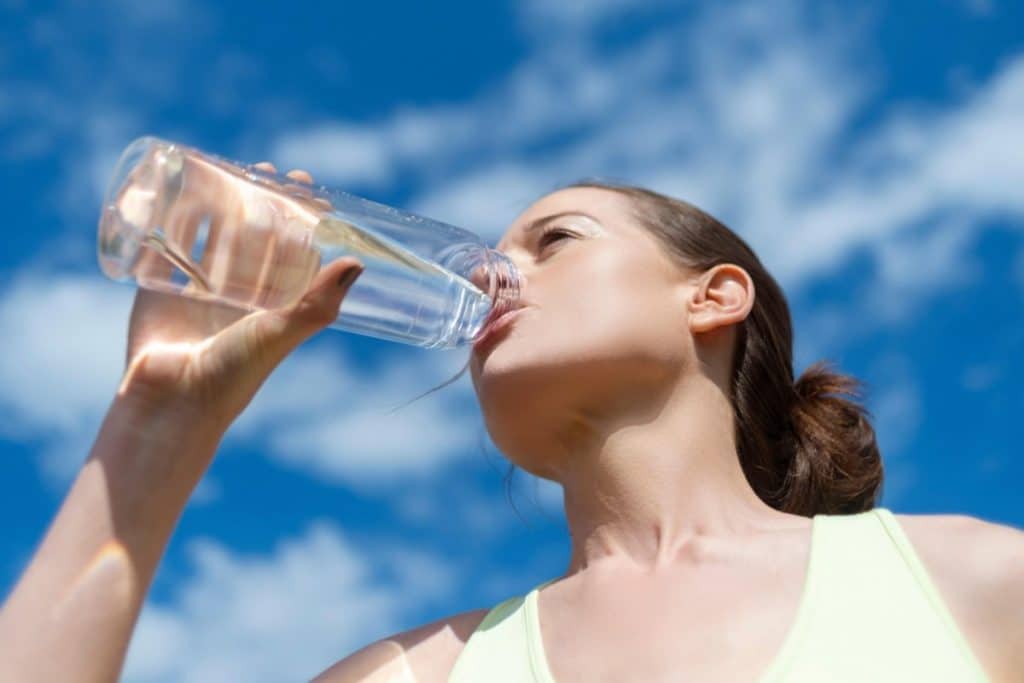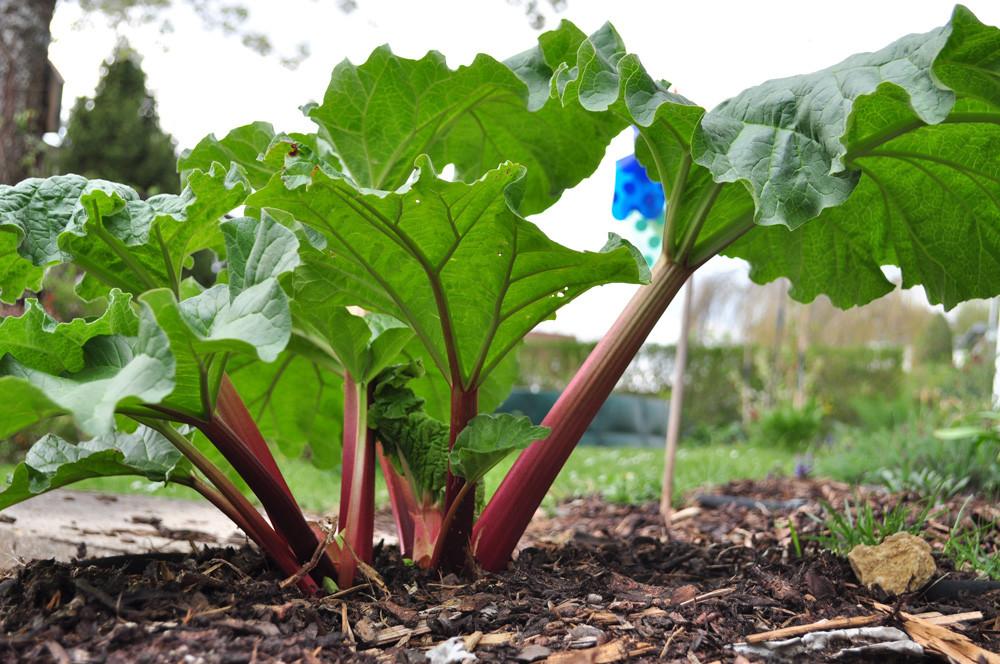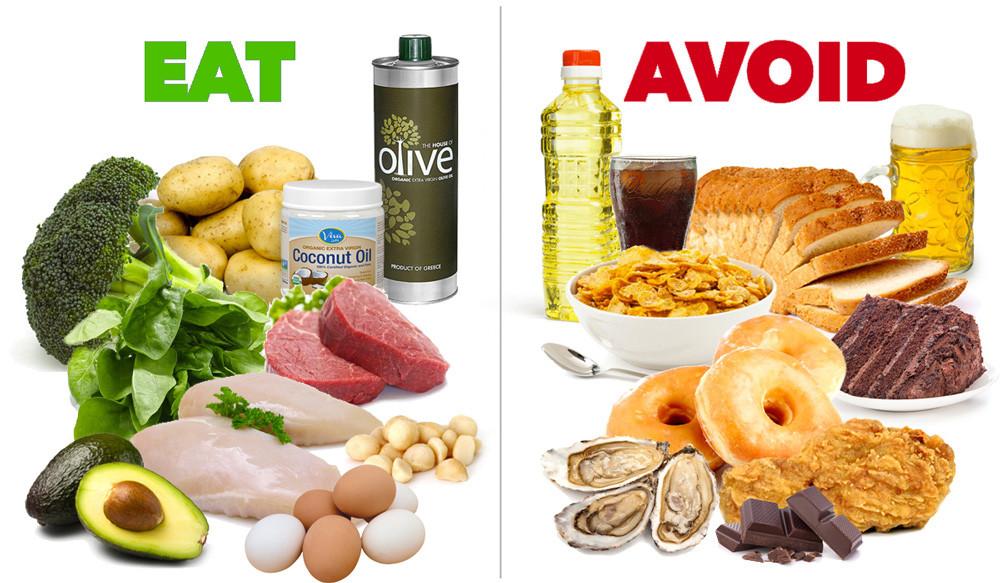Now, I’m sure we all know that water is important. Just look at how intensely scientists have searched for evidence of water on Mars – it’s because water is the first thing you need for life. Look at an oasis in the desert, and how people and animals from miles around – even those that are traditionally predators and prey – gather together desperate for those few drops that could mean the difference between death and survival.
People like to throw around the statistic that the human body is two thirds water, and that’s true. Pretty much every part of your body needs water to function. That’s why staying hydrated is so essential. It doesn’t mean you need to drink water by the gallon, though. Most humans will get the water they need not just from actual water, but from the other fluids they drink, and from food. Plus, too much water can cause health problems in its own right.
Dehydration is dangerous for everyone, but there are some people who are more at risk. The very young are sensitive even to a small amount of fluid loss, while the elderly may not realize the risks of not drinking enough. Athletes tend to lose more water when exercising, and some medical conditions (including diabetes) can also increase the danger. Alcoholism is another condition associated with dehydration.
How can you tell if you need to drink some more fluid? One of the key signs is urine. It gets darker and smellier as you get more dehydrated, and you may experience pain when urinating. Other symptoms include thirstiness, dizziness, headaches, dry mouth, tiredness and trouble concentrating.
As dehydration gets more severe, you may become lethargic or even lose consciousness. Your pulse could get very fast or slow, and you may have seizures or develop an infection. It’s pretty clear that remaining hydrated is very important. If you are severely dehydrated, you need to be treated as soon as possible.
The simplest way to avoid dehydration is drinking regularly throughout the day. That doesn’t just mean water, but also juice and other liquids. Six to eight glasses should be enough if spread out properly, but if the weather is particularly hot or you’ve been exercising, you may need more. You also need to make sure that sick people, especially those with vomiting, fever or diarrhea, still get fluids, even if it’s only small sips.
Drinking enough water means your blood and circulation will work better, nutrients and waste can be transported around the body, you can regulate your body temperature, various chemical reactions can occur in your body, your joints and brain will be protected, and your kidneys will function properly. You’ll be less fatigued, even after exercise, and your brain and mood will probably both be better.
The easiest way to drink water is to pour yourself a glass from the tap if your local water is safe to drink. It’s quick and it costs nothing. It also doesn’t have any potential negative effects, like sugary drinks that can damage your teeth. If you’d prefer a little flavor, you could add a slice of lemon. As long as you ensure you have enough liquid every day, you should be able to remain hydrated.




